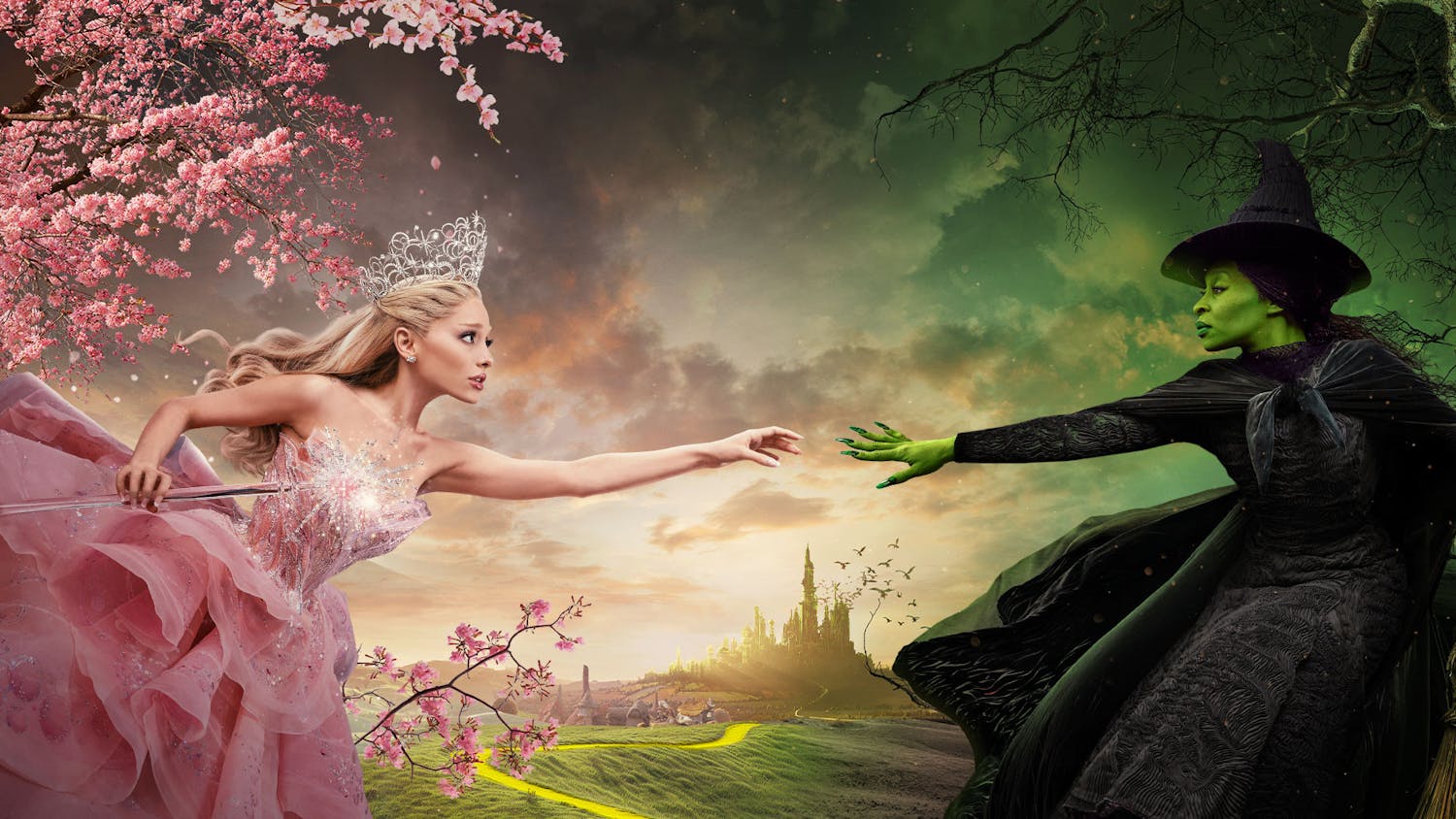Hollywood is a man's world. Sorry, ladies.
As a feminist and film enthusiast, I find myself torn between my love for movies and my disgust for the underrepresentation of women onscreen and in the film industry. During the four years I lived in Los Angeles, I became consumed by everything movie related. I naively aspired to reach a powerful position in one of the many Hollywood studios. Yet, the truth is, hiring and casting practices in Hollywood are not on my side. At this point, my chances of becoming part of the film industry seem very slim.
Recently, a report by the University of Southern California examined the position of women in the film industry within the “male gaze.” This theory suggests that women serve as eye candy and are more likely than their male costars to be cast because of their attractiveness. Therefore, women are frequently filmed in sexy attire or in the nude. With the noticeable decline in female speaking characters from 2008 until 2014, this is hardly a new phenomenon.
Women are conditioned at an early age to accept a lesser position in society and are taught to place value in aesthetics and superficiality. Many young girls like myself grew up idolizing classic Disney princesses. However, would it surprise you to learn that on average and particularly in the Disney films from the 90’s, male Disney characters have three times more lines than their female counterparts? It doesn’t surprise me anymore. This is primarily because the majority of supporting characters are male - human and animal alike. In general, Disney princesses have subservient personality traits, especially in the earlier feature films. Snow White and Cinderella constantly perform domestic chores, such as cleaning and cooking. Even more progressive Disney princesses like Elsa are limited by their “feminine” qualities, like fragility and self-criticism. As a result, their main function is to be dutiful beauty icons for the male gaze.
While in reality looks may not be everything, for Hollywood actresses they certainly are. Sexism and ageism are notable in casting decisions. For example, Maggie Gyllenhaal, 38, was deemed “too old” to play the love interest of a 55 year-old man in an undisclosed project. Yet, it’s apparently acceptable for Colin Firth, 55, to play the love interest of Emma Stone, 27, who is young enough to be his daughter in Woody Allen’s Magic in the Moonlight. Simply put, men can age but leading ladies can’t.
Hollywood is sending an alarming message to women that they are expendable. Consequently, women are paid significantly less. Just a few weeks ago, Gillian Anderson revealed that she was offered “half of what they wanted to offer” her male co-star, David Duchovny, for “The X-Files” reboot.
This isn’t an isolated incident either; it’s a trend.
Jennifer Lawrence, most famously known for her work in The Hunger Games, penned an essay where she addresses another issue women must face: contract negotiations. While her male co-stars in “American Hustle” smoothly negotiated better salaries, Lawrence was worried about coming across “as a brat and not getting my fair share.” If one of Hollywood’s biggest actresses can be exploited, what hope does the rest of the female population have? In the wise words of 2015 Oscar winner Patricia Arquette, “It is our time to have wage equality once and for all, and equal rights for women in the United States of America!”
Last year, The Big Short instantly became one of my favorite movies of the year. By my standards, a film that can treat complex subjects, like the financial market, with humor and wit is a true achievement. However, I was disappointed to see that two Oscar winning actresses, Marisa Tomei and Melissa Leo, were reduced to playing trivial characters who didn’t contribute anything significant to the story.
Herein lies my dilemma: how can I reconcile my praise for spectacular films like The Big Short with my guilt for loving movies that fail to incorporate even one meaningful female character? Is having strong female roles too much to ask, Hollywood? Because as long as women are asked during movie premieres “who they’re wearing” while men are asked about their roles, as long as women are making substantially less than men and until everyone takes a stand against sexism in Hollywood, we will always be having this conversation.




